This small-group study is for people who are interested in learning more about what the Bible says, but who have only limited time to meet together. Its ideal, for example, for a lunch group at work, an early morning mens group, a young mothers group meeting in a home, or a smaller Sunday-school class. (Its also ideal for small groups that typically have longer meeting timessuch as evening groups or Saturday morning groupsbut want to devote only a portion of their time together to actual study, while reserving the rest for prayer, fellowship, or other activities.)
This book is designed so that all the groups participants will complete each lessons study activities at the same time, while you re together.
However, youll need a facilitator to lead the groupsomeone to keep the discussion moving. (This persons function is not that of a lecturer or teacher. However, when this book is used in a Sunday-school class or similar setting, the teacher should feel free to lead more directly and to bring in other insights in addition to those provided in each weeks lesson.)
If you are your groups facilitator, the leader, here are some helpful points for making your job easier:
- Go through the lesson and mark the text before you lead the group. This will give you increased familiarity with the material and will enable you to facilitate the group with greater ease. It may be easier for you to lead the group through the instructions for marking if you as a leader choose a specific color for each symbol you mark.
- As you lead the group, start at the beginning of the text and simply read it aloud in the order it appears in the lesson, including the insight boxes, which may appear either before or after the instructions or in the midst of your observations or discussion. Work through the lesson together, observing and discussing what you learn. As you read the Scripture verses, have the group say aloud the word they are marking in the text.
- The discussion questions are there simply to help you cover the material. As the class moves into the discussion, many times you will find that they will cover the questions on their own. Remember the discussion questions are there to guide the group through the topic, not to squelch discussion.
- Remember how important it is for people to verbalize their answers and discoveries. This greatly strengthens their personal understanding of each weeks lesson. Try to ensure that everyone has plenty of opportunity to contribute to each weeks discussions.
- Keep the discussion moving. This may mean spending more time on some parts of the study than on others. If necessary, you should feel free to spread out a lesson over more than one session. However, remember that you dont want to slow the pace too much. Its much better to leave everyone wanting more than to have people dropping out because of declining interest.
- If the validity or accuracy of some of the answers seems questionable, you can gently and cheerfully remind the group to stay focused on the truth of the Scriptures. Your object is to learn what the Bible says, not to engage in human philosophy. Really read the Scriptures, asking God to show everyone His answers.
LIVING A LIFE
OF TRUE
WORSHIP
T heres a hunger, a quest for the spiritual. Man was made for worship. But worship of whom or what? Or does it matter as long as a person finds what works for him? Is there a way to worship that is rightand another that is false? Is there a way that will help us develop a genuine, intimate relationship with God?
These are the questions we want to answer as we search out what the Bible has to say about the subject of worship. We are going to take an inductive approach, which means that you will observe the Word of God for yourself. Then, discovering what it says and means, you can determine if you want to order your life according to its truth.
OBSERVE
The first place the word worship is mentioned in the English Bible is in Genesis 22. Although the word appears only once in that chapter, you can learn some foundational truths about true worship by studying this passage.
Leader:Read aloud Genesis 22:1-10, which you see printed in the side bar. Have the group say God aloud every time He is mentioned. Also have the group
- draw a triangle around each occurrence of the word
 (plus all pronouns that refer to Him).
(plus all pronouns that refer to Him). - mark the wordworshipwith a W

Worship is the Hebrew word shachah (a as in father and ch as in Christ). It means to prostrate oneself or to bow down. In the Old Testament, it is the common term used for coming before God in worship to honor Him. The English word means to look at someones worth-ship. To worship God is to respect and honor Him for who He is.

1 Now it came about after these things, that God tested Abraham, and said to him, Abraham! And he said, Here I am.
2 He said, Take now your son, your only son, whom you love, Isaac, and go to the land of Moriah, and offer him there as a burnt offering on one of the mountains of which I will tell you.
3 So Abraham rose early in the morning and saddled his don key, and took two of his young men with him and Isaac his son; and he split wood for the burnt offering, and arose and went to the place of which God had told him.
4 On the third day Abraham raised his eyes and saw the place from a distance.
5 Abraham said to his young men, Stay here with the donkey, and I and the lad will go over there; and we will worship and return to you.
6 Abraham took the wood of the burnt offering and laid it on Isaac his son, and he took in his hand the fire and the knife. So the two of them walked on together.
7 Isaac spoke to Abraham his father and said, My father! And he said, Here I am, my son. And he said, Behold, the fire and the wood, but where is the lamb for the burnt offering?
8 Abraham said, God will provide for Himself the lamb for the burnt offering, my son. So the two of them walked on together.
9 Then they came to the place of which God had told him; and Abraham built the altar there and arranged the wood, and bound his son Isaac and laid him on the altar, on top of the wood.
10 Abraham stretched out his hand and took the knife to slay his son.
OBSERVE
When Abraham was seventy-five years old and childless, God told him that He would make of him a great nation through whom all the nations of the earth would be blessed. Isaac, the son God had promised, was born when Abraham was one hundred years old. It was through Isaac that God would give Abraham a land, a nation, and a seed, which according to Galatians 3:16 would be Jesus Christ.


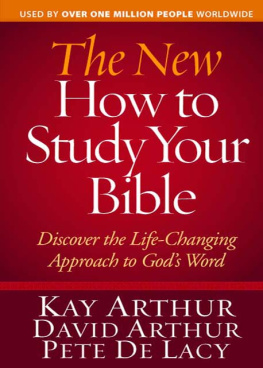

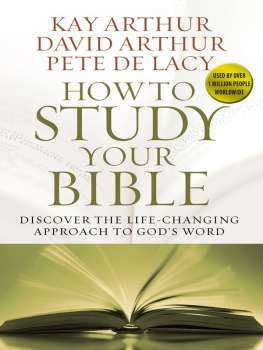




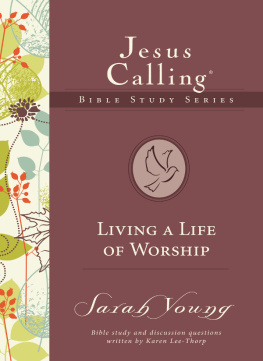
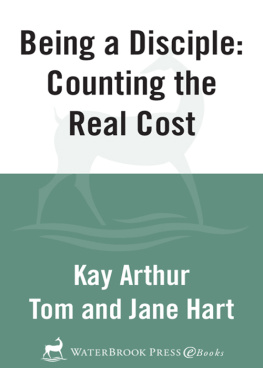
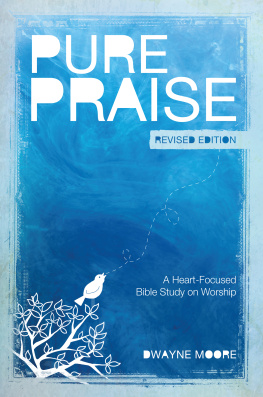
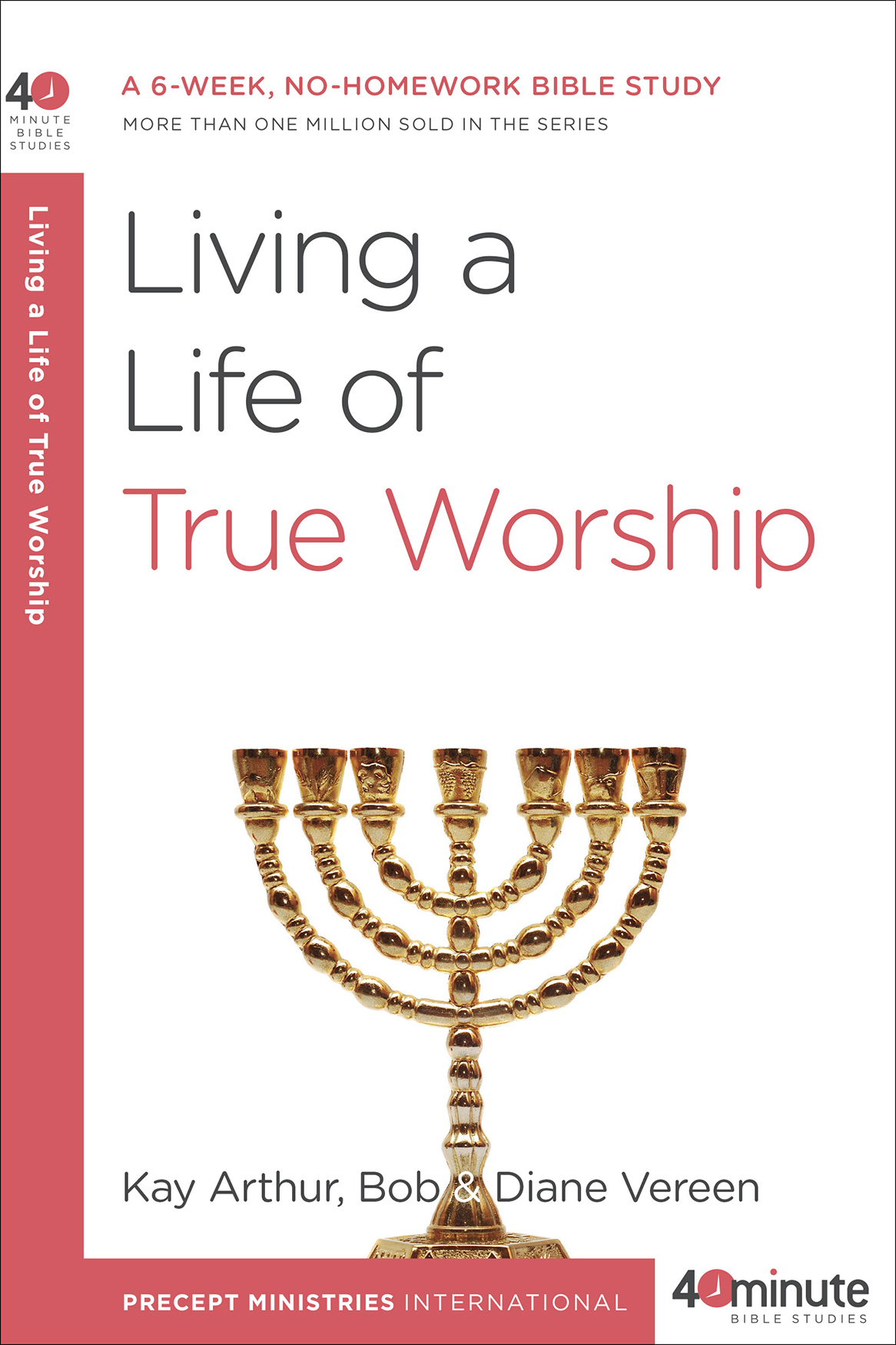
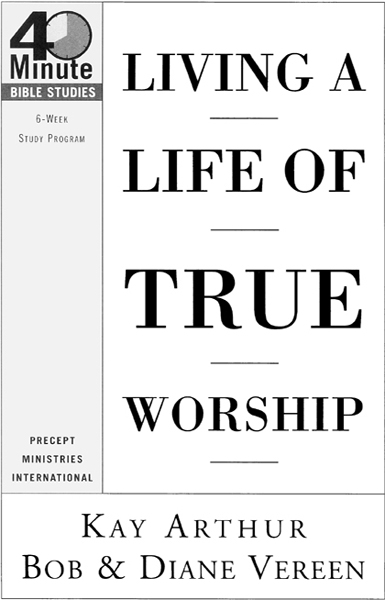


 (plus all pronouns that refer to Him).
(plus all pronouns that refer to Him).
